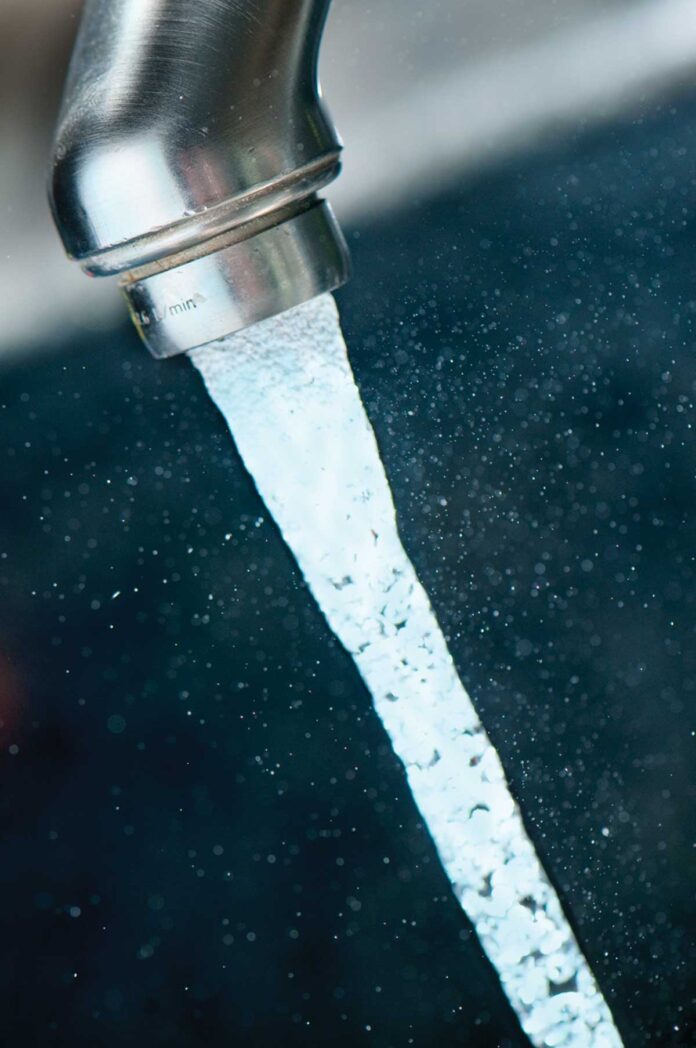At a special meeting on Dec. 12, Sweetwater Authority hosted a public workshop to provide an update on recent testing for PFAS in its water supply. A small amount of two PFAS substances that exceed the level for public notification were detected. The levels do not require any treatment response at this time.
PFAS, which is short for Per- and Polyfluoroalkyl Substances, are a group of man-made chemicals widely used in industrial and consumer products for their water-resistant, heat-resistant and non-stick properties. They are found globally in items like non-stick cookware, waterproof clothing, firefighting foam and food packaging. They are often called “forever chemicals” because they break down very slowly in the environment and can accumulate in water, soil and living organisms.
“The primary message we want to send to the public right now is that your water is safe based on all current state and federal regulations,” said Sweetwater General Manager Carlos Quintero in a press release. “The health and safety of our customers is our top priority, which is why we decided to host a workshop on this complicated topic.”
The workshop included a comprehensive presentation by Sweetwater’s director of water quality, which covered background information on PFAS, regulations and testing, and potential ways to treat water with PFAS, should that be necessary in the future. It also provided customers with a forum to ask questions about the topic.
Since these substances are so prevalent in society, it is important to begin talking about how they will be mitigated in the future. Starting in 2029, stricter detection levels from the U.S. Environmental Protection Agency will go into effect.
“We are taking a proactive stance as a District to start discussions now with the community about future mitigation needs should further testing show levels that may exceed 2029 EPA thresholds,” said Quintero.
The most common mitigation measures are blending water with imported water already treated or building an advanced filtration system. Switching or blending with imported water would add significant cost to the Authority’s operational budget and investing in new infrastructure could cost upwards of $40 million plus ongoing operational costs.
“Mitigation options are expensive, which is why we are engaging the public early, as we develop our path forward,” said Quintero. “Along with prioritizing health and safety, the Authority must also be fiscally responsible and responsive to the issue.”
The EPA requires more testing to obtain a full picture of the situation and to confirm the exact levels in the water supply.
Sweetwater is required to perform quarterly monitoring for a 12-month period and will conduct three more quarterly tests in 2025: January 2025, April 2025 and July 2025. Testing will continue through the end of 2025.















